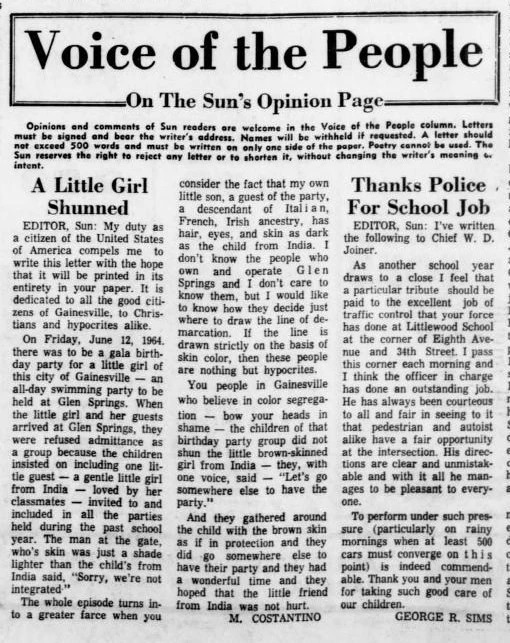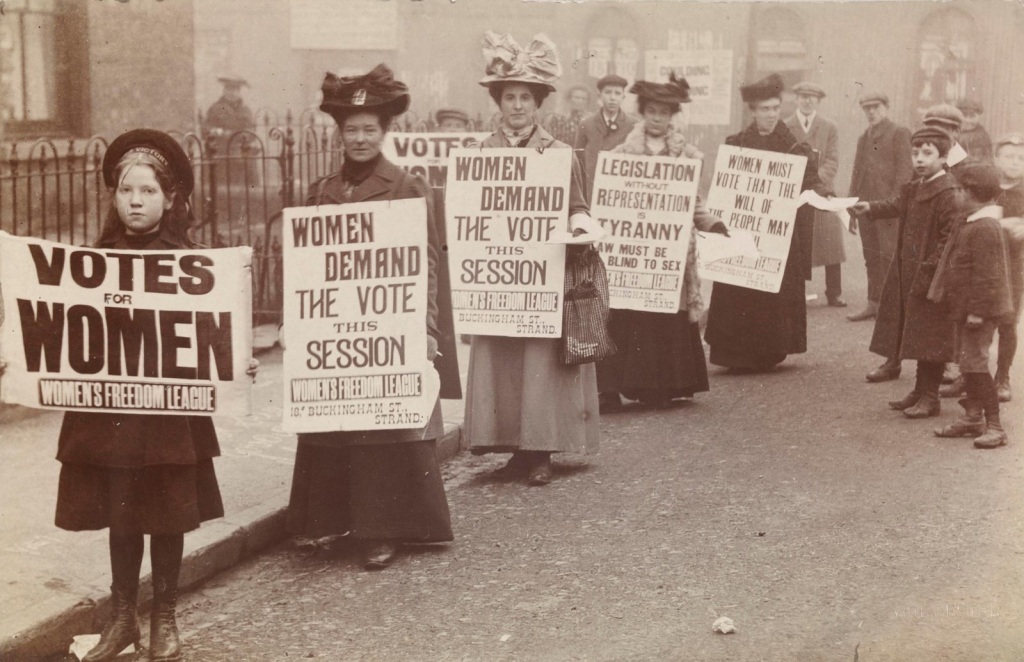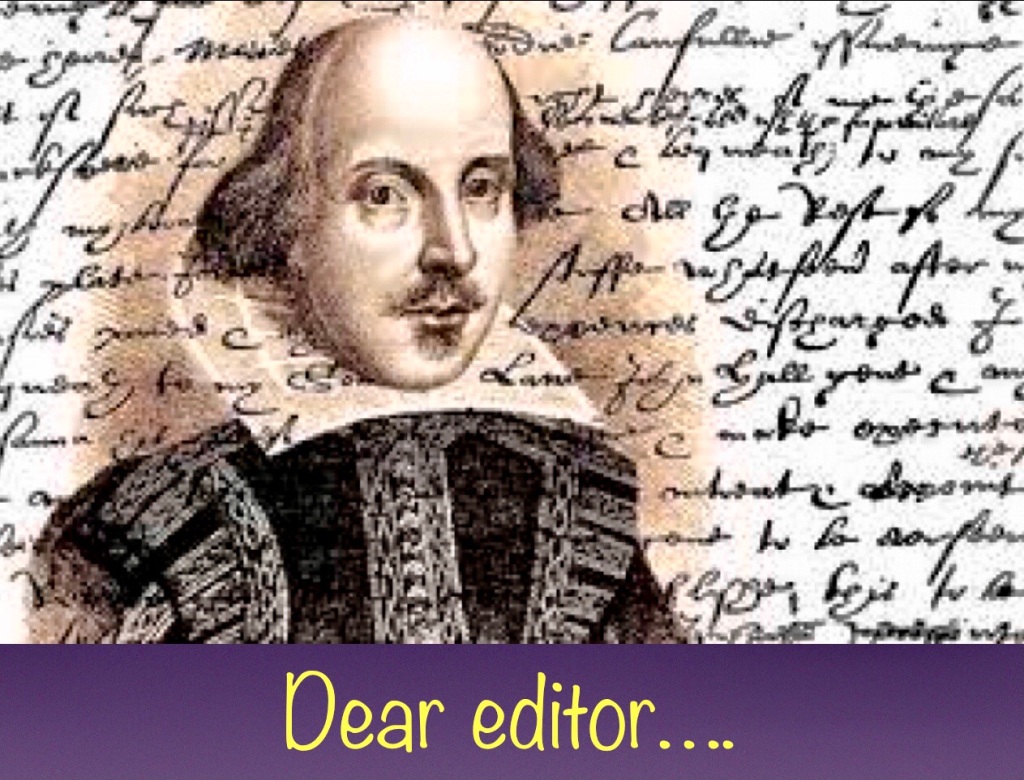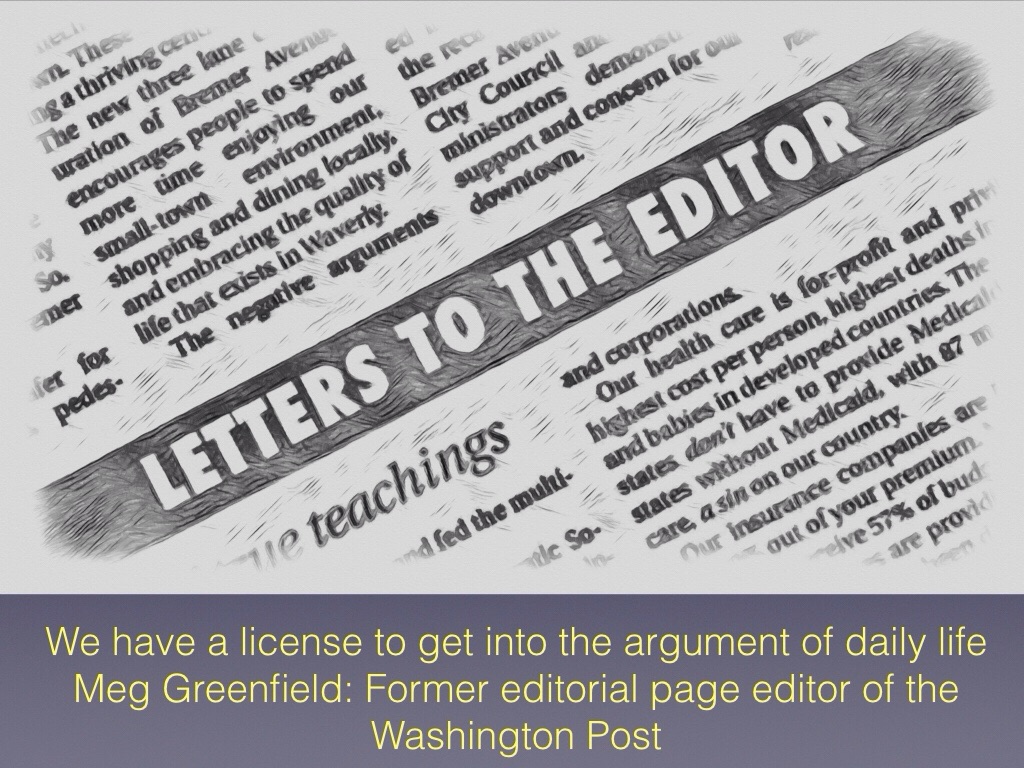This is a tad longer than my normal blog posting. Back in the day, we old time newspaper people would call this sort of musing a “thumb sucker.” But there’s no helping it, I’m afraid.
I am, and I remain, Gainesville Sun through and through.

That was true in 1976, when the Sun hired me to be higher education reporter one year out of college. It’s true now in “retirement” after 37 years at The Sun. (I put “retirement” in parenthesis because I’ve had hundreds of bylines published in my newspaper since I left full time employment there more than a decade ago.
I say all that by way of establishing my Sun bone fides. Before I say this:
The Gainesville Sun broke my heart two years ago when it stopped publishing letters to the editor and guest columns.

Obviously I have a dog in this hunt. I was Sun editorial page editor for 30 years. During which time my most important responsibility was the care and feeding of letter writers and guest columnists.
(I was frequently asked at National Association Of Editorial Writers – said organization now defunct – conferences how The Sun managed to publish so much great reader commentary, day in and day out. My answer: Simple, just have a major graduate research university in your circulation area.)
When the Sun stopped publishing opinions – after more than a century and a half of doing so – this city lost something priceless.
It lost a forum that gave our readers “license to get into the argument of daily life,” as Meg Greenfield, the late, great editorial page editor of the Washington Post once put it.

Because our letters, for more than 150 years, were the stuff of history.
More than that. Once upon a time…
…they were the stuff of theater.
Below is a piece I wrote for the Editorial Writers Association several years ago after the Acrosstown Repertory Theater had the great idea of producing a play based on 150 years of letters to the editor. If you’ve hung with me this far into the blog, please read what follows.,

We all know that letters are the life blood of any decent editorial page. But are they the stuff of drama?
It turns out that they are. The stuff of drama. The stuff of comedy. The stuff of show business.
Think about the daily letters column as a sort of ageless production of Our Town, only with real people supplying the dialog. And then imagine 150 years of letters to the editor condensed into an evening of theater, replete with songs, choreography, and a fast-moving “Saturday Night Live” format that fairly leaps from era to era, issue to issue.
That about sums up More Letters to the Editor, a production of Gainesville’s Acrosstown Repertory Theatre. The play initially ran from December 2000 through the opening months of 2001, and later went on the road, thanks to a grant from the Florida Humanities Council.
The idea for More Letters was borrowed from a similar production in Pennsylvania. For The Gainesville Sun, which helped sponsor the community theater event, it was a perfect “branding” opportunity — an especially fitting one, since this is the newspaper’s 125th anniversary year.
Not only were the letters featured in the play published in the Sun or its predecessor paper, but also the very stage was wonderful advertising: It was literally papered top to bottom with old issues of the Sun.
Sid Homan, the University of Florida English professor who helped write, produce, and direct More Letters to the Editor, said audience reaction to the play tended to focus on two things.
“First, we found that people were impressed by how little the issues have changed,” he said. “We were arguing about a new courthouse in the 1920s and we’re still arguing about a new courthouse.
“Second, we found we were getting people into the theater who didn’t normally come into the theater. They came because they were going to hear the words of real people, not just stage illusions. There didn’t seem to be as much of a wall between the audience and the actors.”

More Letters was a collaborative effort between the newspaper and the theater community group. The Sun underwrote the research needed to cull through a century and a half’s worth of letters for usable material.
As editorial page editor, I was “guest reader” on opening night, joining the actors on stage for a few minutes of good-humored jibes.
The production used lines and themes from letters in a series of skits; some of them highlighted historical eras: North Florida at the turn of the century, World War II. Some centered on themes like racial relations, sexual politics, and gun control.
Scene 3: The Angry Crowd

A group of disgruntled people array themselves on stage and rattle off, in machine-gun fashion, one liners, excerpts from various letters.
“That rich boy in the governor’s office doesn’t have to worry about how to pay for his dental care.”
“If you want to do something about drinking, close down the University of Florida.”
“It’s what I expect from a Republican.”
Some of those lines would seem almost ludicrous if I hadn’t recognized them from letters I’d edited over the years.

Scene 5: Women — Right!
A man sits at his manual typewriter in 1925 and pounds out an angry letter to the editor.
“When we first began to beat about ‘women’s rights,’ it was confined to the idea of her right to participate in the affairs of government. Now, some foolish women who really want to unsex themselves are clamoring for more rights the right to drink and smoke and gamble.”
Scene 12: Why do I feel so black and blue?
Several actors stand on stage and take turns delivering lines from letters on racial relations.
“The majority of our citizens have come to the conclusion that the negroes will not work on the plantations in a manner that will pay for the necessary investment of capital …” (May 3, 1870).
“Words cannot express the horror of the tragedy at Sumner and Rosewood in Levy County. … One thing, however, … as long as criminal assault on innocent women continues, lynch law will prevail and blood will be shed…” (January 4, 1923).

“I am a tolerant person, but I can’t help but find the demand by black students for 500 black freshmen to be admitted to the University of Florida … to be pretty unreasonable” (April 21, 1971).
Still another scene consists of Gainesville-area servicemen writing letters home from various battlefields.
“So far we have had more trouble fighting the Civil War than we have had fighting the Japanese. There are so many Yankees here, or perhaps I should say so many damned Yankees. Cape Cod Yankees, too.”

Although young people are not known as inveterate letter writers, one scene from the play, titled “Voices of the future,” was made up entirely of children, who raffled off lines from letters they would write if they wrote letters to the editor.
“Sometimes I feel like I’m living under a microscope! My parents spy on my every action.”
“I’ve recently read a number of letters in the paper from people who use the Bible to justify their hatred of homosexuals. What Bible are these people reading?”
“It’s funny they pay so much attention to me now after treating me like I was invisible the first 10 years of my life.”
“The real trouble with this boy is that he is on drugs.”

“I propose we stop this madness by implementing a Pokemon tax. The money raised could go to build more juvenile detention centers.”
More Letters functions as both a community history and a glorification of those who still practice what many consider to be a dying art — the art of letter writing.
For those of us who are always searching for new ways to raise community awareness of what the daily opinion pages are all about, this sort of creative collaboration with the arts community presents a new twist on an old theme: Letters to the editor inform, they entertain, they make us angry. That’s show business, too.

“Doing Shakespeare is thrilling,” Homan says, “but it’s not quite the same as doing something like More Letters. It’s making something from scratch, handling real material that is absolutely indigenous to our community. In some ways it was more gratifying than doing Hamlet, I got as much a kick out of it.”
Homan is writing a “how-to” guide for other communities that may be interested in turning the daily argument of public life found on every good newspaper’s letters pages into the stuff of show business.
* * *
Ok, I got that off my chest.
I am Gainesville Sun through and through. And I always will be.
But I cling to the hope that, sooner or later, the powers that be at The Sun’s parent company, Gannett, will realize the error of their ways.
And return to the tradition that helped make The Gainesville Sun a great community newspaper for more than 150 years.
By once again becoming the GNV newspaper of record…
…for the Voice Of The People.
Because we all of us have the privilege, and the obligation, to get into the argument of daily life.
That is all.



Excellent piece, Ron! I was stunned when the Gainesville Sun (and many other newspapers) stopped the vibrant and time-honored and treasured Letters to the Editor in the local print publications – (now deep sixed by corporate media timidity or is it fear of what people really have to say?) – which reflected community interests and concerns on a vast and myriad array of issues and gave us a window into what our neighbors thought and helped to frame the arguments, or debates, and perspectives that served to give us a sense of real connectedness, that we shared, at least to some degree, what mattered, and enabled us to listen (or read) to one another in a positive way. Or, conversely, rail at the insipid comments, and roll-of-eyes followed. Maybe only while we had that morning cup of coffee, around the table, but it started the day with intelligence, sometimes insights, but always a basic tonic for community and civil society. We need more, not fewer voices!